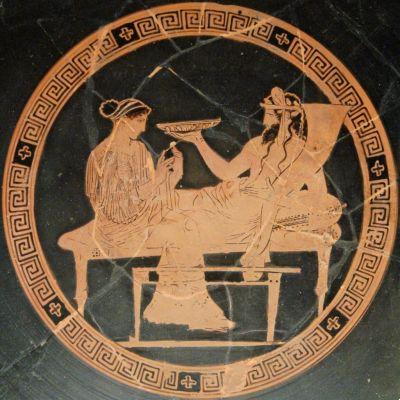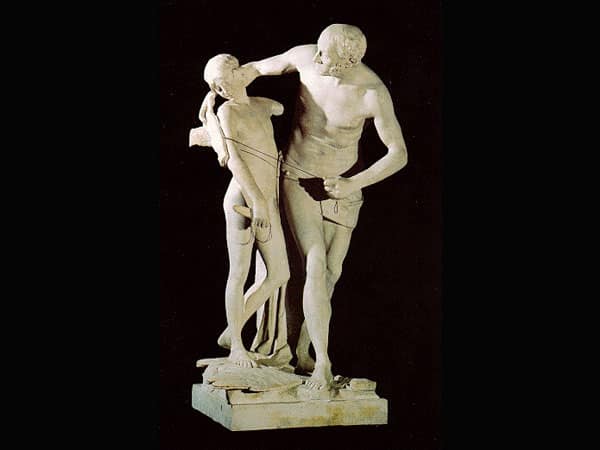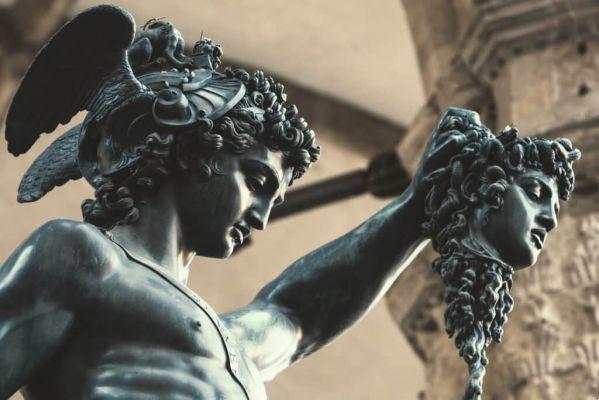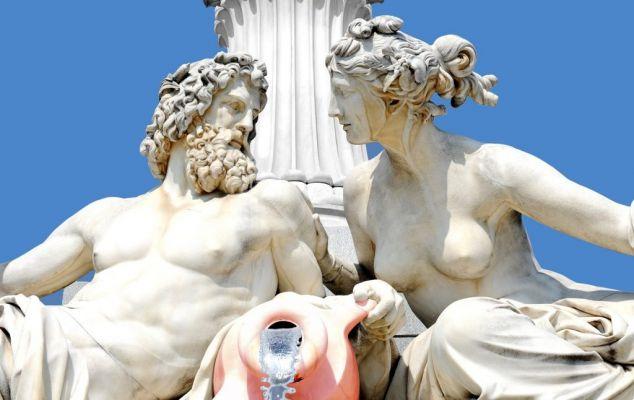Among the 12 deities of Olympus is the Greek goddess Demeter, goddess of agriculture, harvest, fertility and plenty. Daughter of Cronos (the god of time) and Rhea (Greek archetype of motherhood), Demeter is the one who brought agriculture to the earthly world and taught humans how to sow, cultivate and harvest grains and cereals. The symbols of this goddess are the sickle, the apple, the grains and the cornucopia (ornamental vase that is always composed of various fruits and flowers).
Demeter, name originating from the Greek “Δήμητρα”, which means “Mother Earth” or “Mother Goddess”, has an equivalent goddess in Roman mythology, in which she is called Ceres. In the Roman version, in addition to the goddess Ceres being the holder of the cycle of life and death, she is also considered the goddess of sacred law and is strongly celebrated in fertility rites, exclusive to women. For both the Romans and the Greeks, this mythological figure represents the “gateway to the mysterious feminine”.
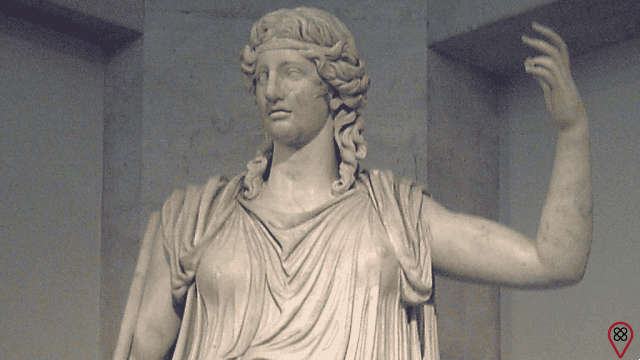
For being considered the most generous Greek goddess in all of Olympus, negative traits of passivity and submissiveness are attributed to Demeter, which explains the fact that this goddess was the target of so much suffering and tragic melancholy in several mythical events. Among them, we can highlight the main one: the kidnapping of her daughter, Persephone, by Demeter's own brother, Hades.
After having had intimate relations with the Greek god Zeus, Demeter gave birth to Persephone, goddess of herbs, flowers, fruits and perfumes. One day, while picking flowers and sowing fruits, the beautiful Persephone was spotted by Hades, the god of the dead, and he, taken by an uncontrollable desire to marry the young woman, kidnapped her and imprisoned her in the underworld.
Faced with this, and deeply impacted by the disappearance of her daughter, the goddess Demeter plunged into a deep sadness, to the point of making the entire land of the planet infertile, preventing crops of any kind from avenging, and instituted an endless winter in the world. As a result, countless human beings began to die from malnutrition and cold, and the gods of Olympus also stopped receiving sacrifices, as there were no more abundant offerings that could be offered to them.
An agreement was then made between Hades and Demeter, in order to solve the problems that the sadness of the Greek goddess had been causing in the world, and so as not to arouse the wrath of the god of the dead. It was established that the coveted Persephone would spend two parts of the year with her mother, Demeter, and the other two parts of the year with Hades, her kidnapper. Thus, spring and summer were made on Earth, times when the goddess of fertility was glad to be at her daughter's side; and winter and autumn, seasons in which Demeter returned to suffering and longing for Persephone, who would be in hell.
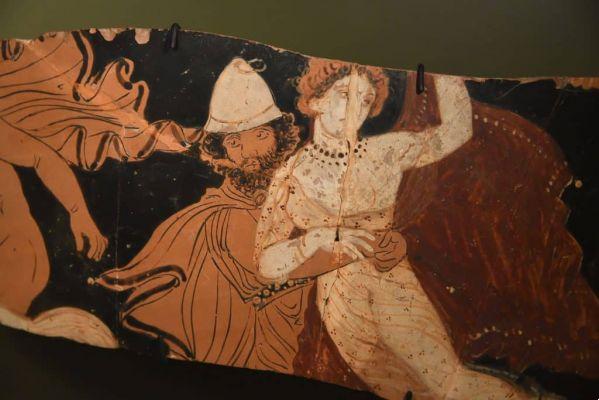
Although the problem with her eldest daughter has been resolved, Demeter's dramas do not end there. The goddess still had sufferings in relation to two other children, Arion and Despina, fruits of violence against her; and she also had to deal with the murder of Iasion, her true love of life.
According to the myth, Poseidon, god of the seas and one of the three main Olympian gods, could not resist the charms of Demeter, his sister, and began to pursue her, driven by a tremendous desire to have an intimate relationship with her. Frightened and disinterested, the goddess transformed herself into a mare and began to hide in the harvest fields to escape Poseidon's bonds. Having discovered Demeter's disguise, the god of the seas took a horse and abused the goddess. Thus, the god of horses, Arion, and the goddess of winter, Despina, were born.
Revolted by the abuse suffered, Demeter fled Olympus and left the land barren again, preventing crops and decimating the mortal population once again. Some time later, however, missing her family and, especially, her children, the goddess decided to sow forgiveness and return to her home. She bathed, then, in the river Ládon, responsible for cleaning and discharging sorrows, and, thus, the earth returned to fecundate and prosper.
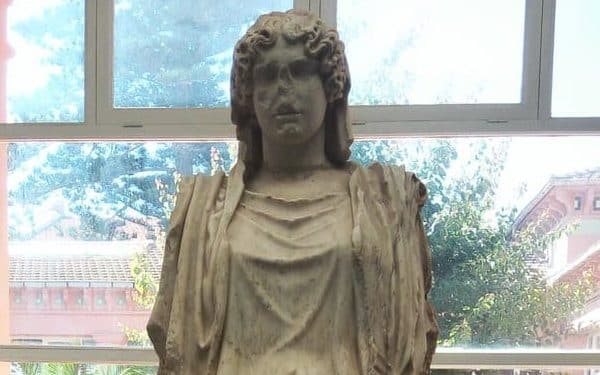
When she truly loved unhindered for the first time, Demeter thought she had found complete happiness and redemption, but that feeling, unfortunately, was short-lived. His love of life, Iasion, was a mortal and was murdered by lightning from Zeus, Persephone's father, who was jealous of the fertility goddess's amorous satisfaction.
The archetype of the goddess Demeter is that of the maternal instinct, which symbolizes true, unconditional mother love. In addition, she is extremely generous and altruistic and spares no effort when it comes to helping and giving herself to others, as we can see from her actions in the most painful mythical events that plagued her, always giving up her pain for a good. being oblivious, as every good mother does.
You may also like
- Who are the main Greek goddesses?
- Discover the myth of Poseidon, the god of the seas
- What can we learn from the myth of Theseus and the Minotaur?
- Hades: King of the Underworld in Greek Mythology
The figure of Demeter, therefore, stands for the female figure in the face of the role that women play in society. The supposed passivity and vulnerability initially attributed to this goddess unfold, in fact, in generosity and resilience. In addition to entertaining us and having fun, we see that Greek mythology and goddesses have a lot to teach us, even if it takes place between the lines of myths.



